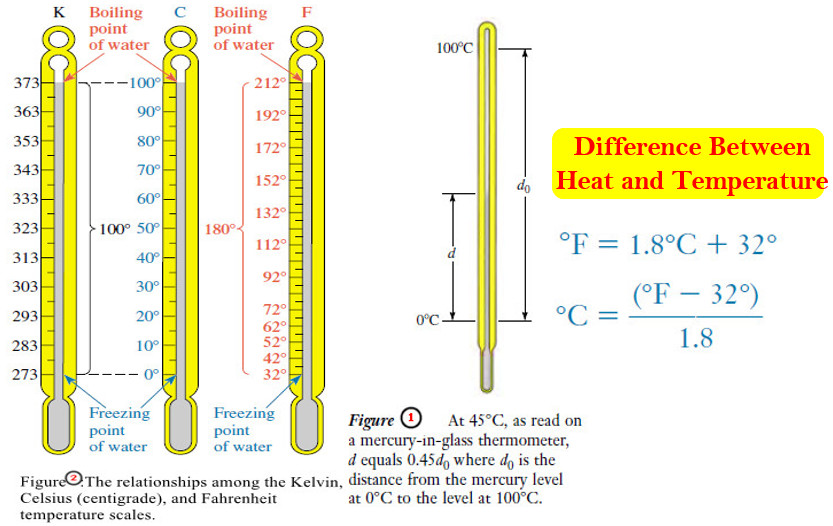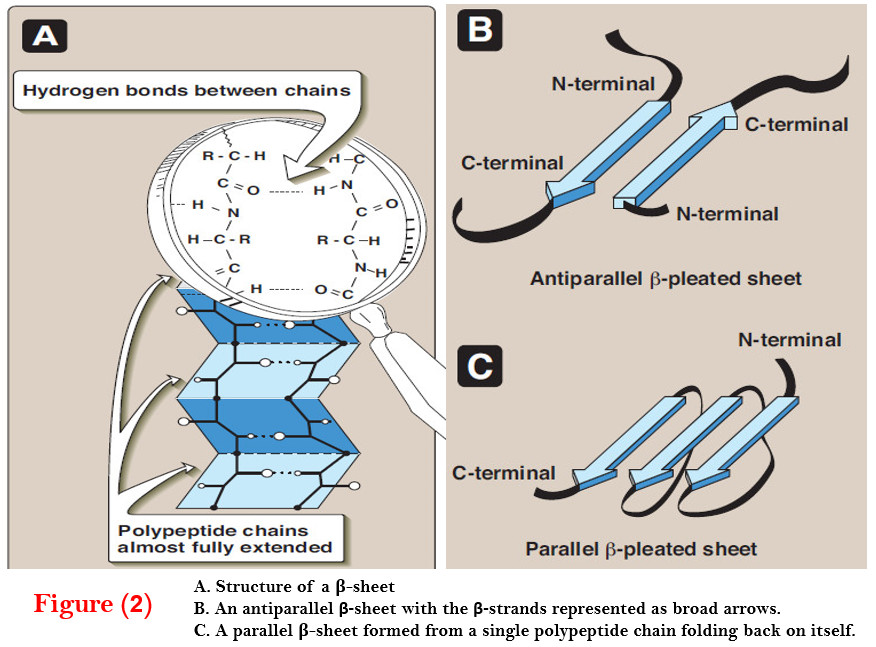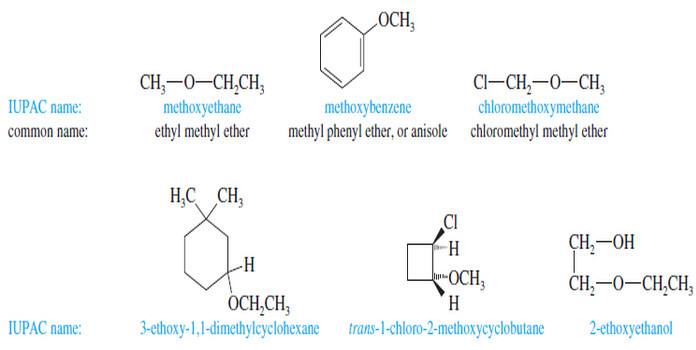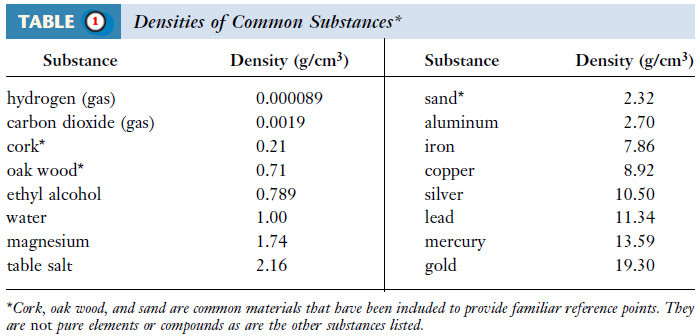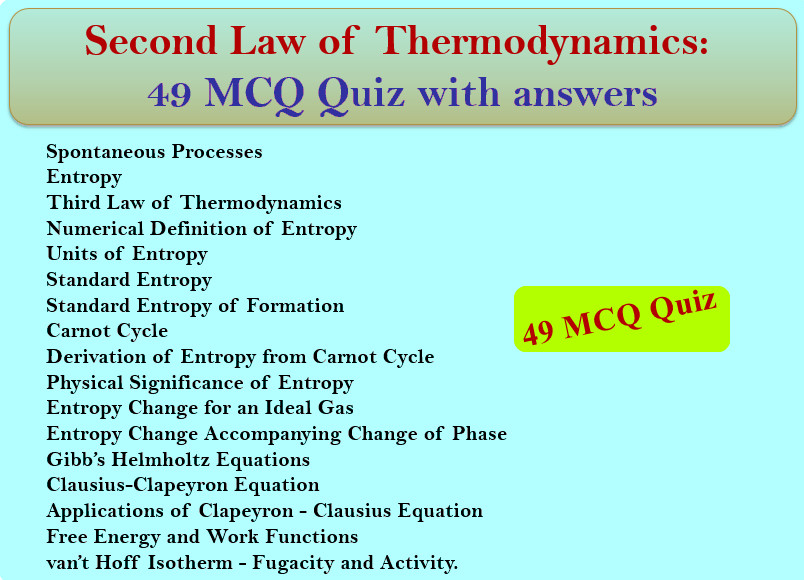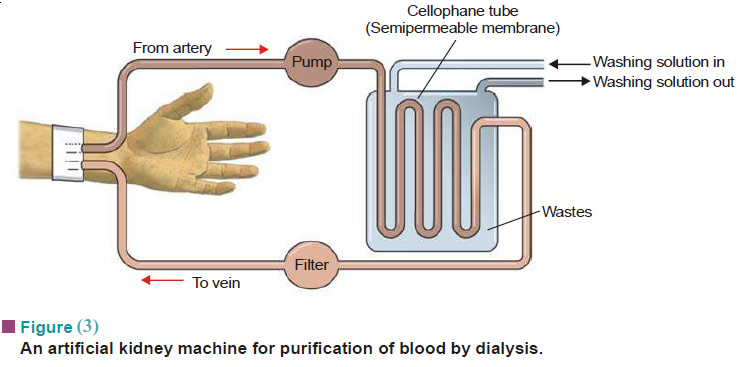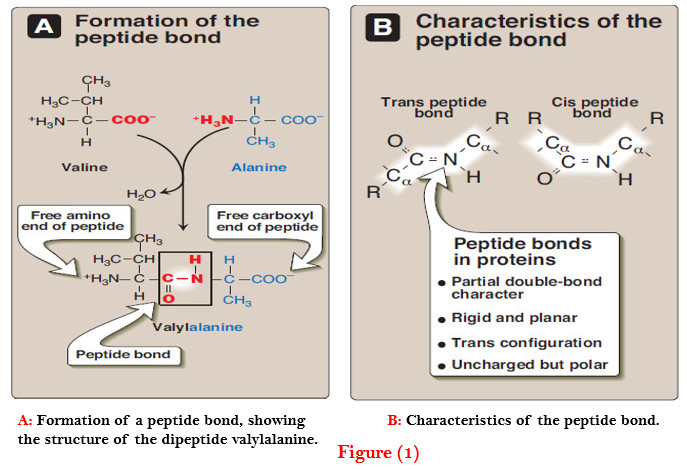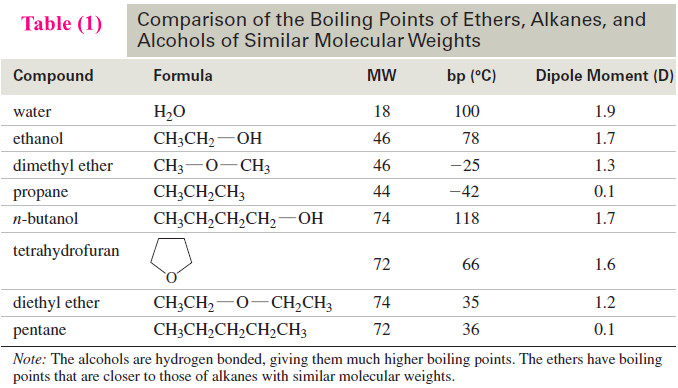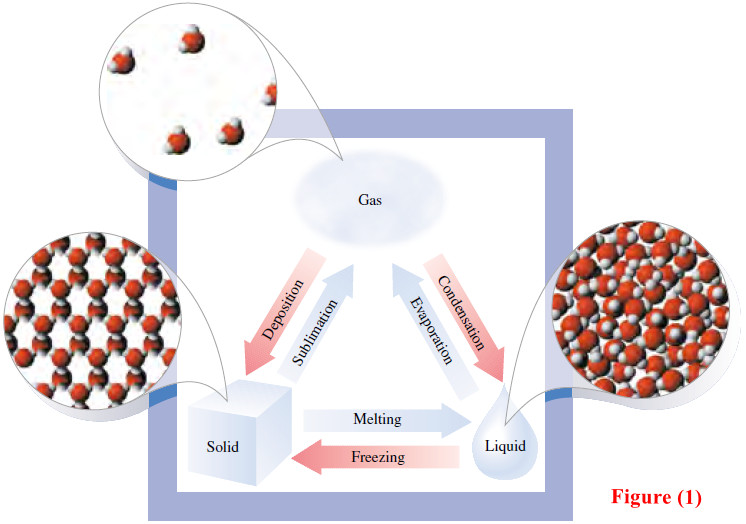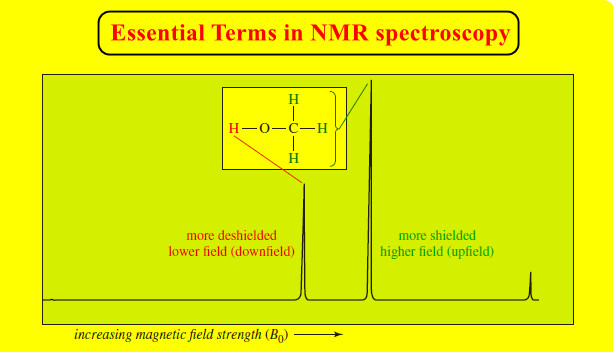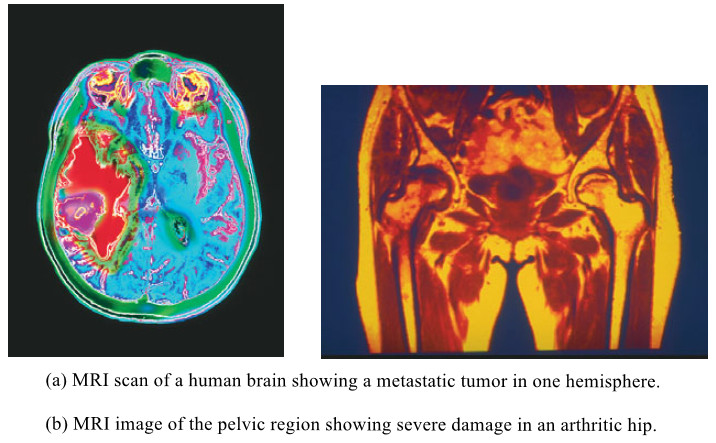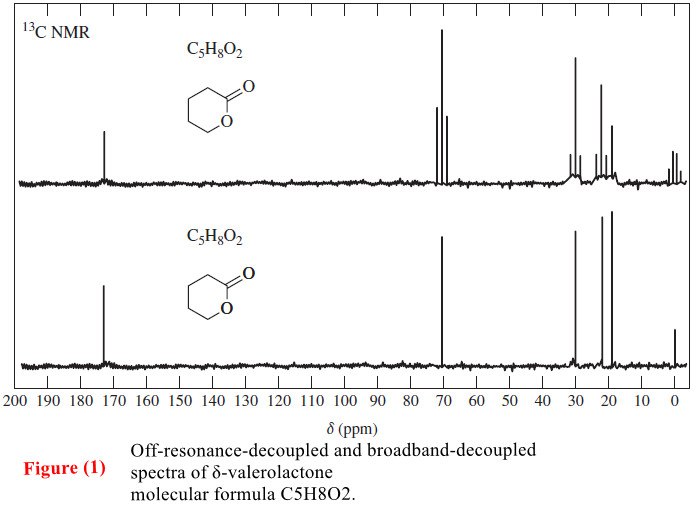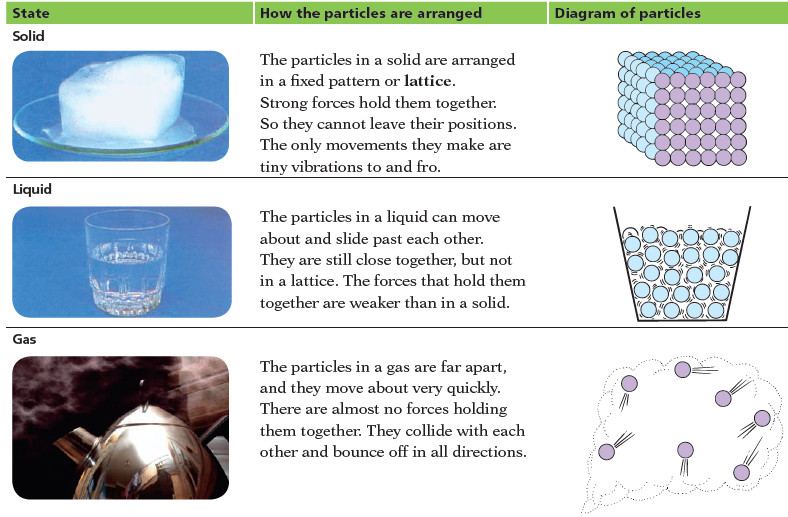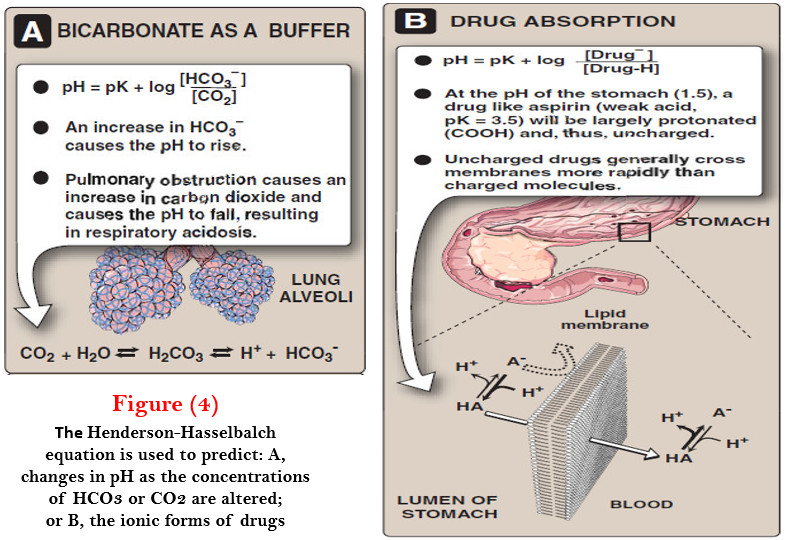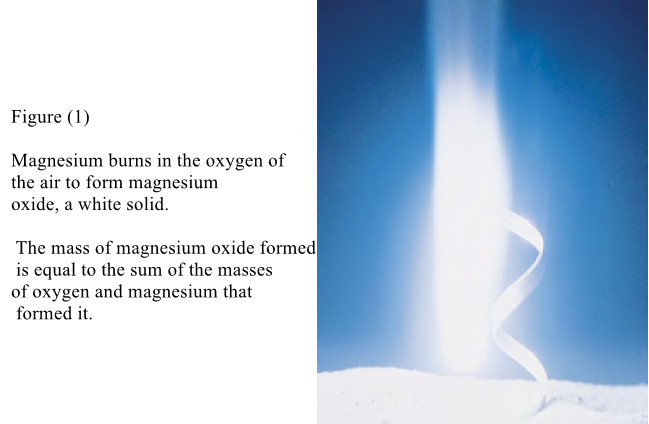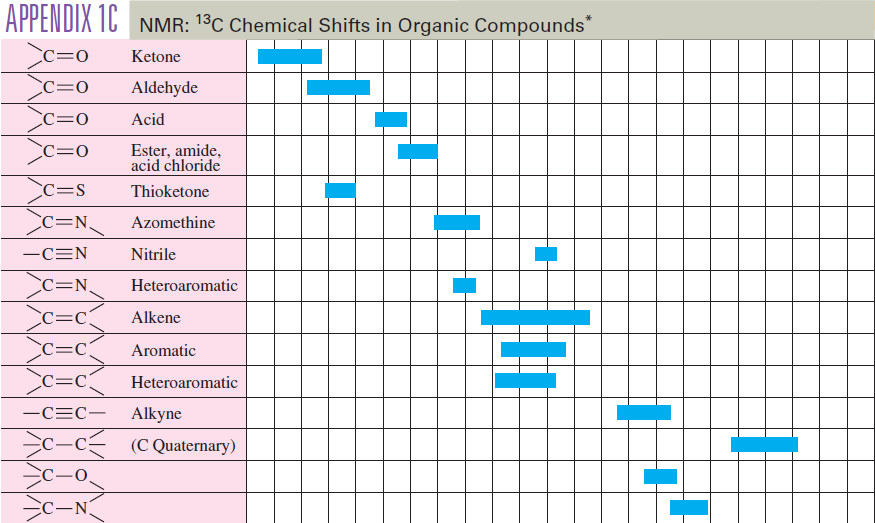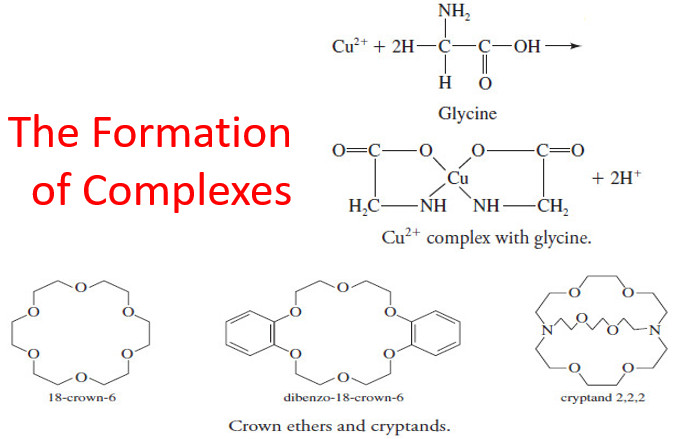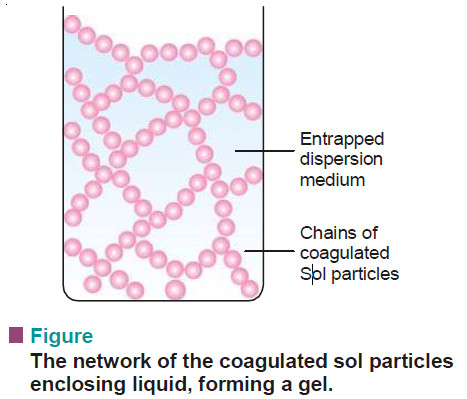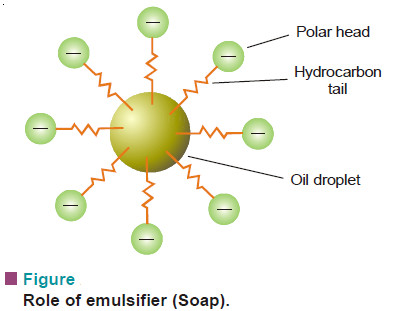-
General Chemistry
Heat and Temperature
Difference Between Heat and Temperature – Heat is one form of energy. – Many forms of energy can be interconverted…
Read More » -
Biochemistry
Protein Secondary Structure
– In the last topic in Biochemistry section , we discussed The Protein Primary Structure but now we will talk…
Read More » -
Organic Chemistry
Nomenclature of Ethers : Rules, IUPAC Name, Common Name
Nomenclature of Ethers – We have been using the common nomenclature of ethers, which is sometimes called the alkyl alkyl…
Read More » -
General Chemistry
Density and Specific gravity: Definition, Solved problems
– In this topic, we will discuss The Density and Specific gravity: Definition and Solved problems. Definition of Density –…
Read More » -
Physical Chemistry
Second Law of Thermodynamics: MCQ Quiz with answers
Second Law of Thermodynamics: MCQ Quiz with answers – In this subject, you will find 49 questions and answers MCQ…
Read More » -
Physical Chemistry
Applications of Colloids
– In this topic, we will discuss The Applications of Colloids. Applications of Colloids – Colloids play an important role…
Read More » -
Biochemistry
Primary structure of Protein
– In this topic, we will discuss The Primary structure of the Protein. Primary structure of Protein – The sequence…
Read More » -
Organic Chemistry
Physical Properties of Ethers
– In this topic, we will discuss The Physical Properties of Ethers. Introduction to Ethers – Ethers are compounds of…
Read More » -
General Chemistry
Physical and Chemical properties of Matter
– In this topic, we will discuss The Physical and Chemical properties of Matter and The Physical and Chemical Changes.…
Read More » -
Organic Chemistry
NMR – Essential Terms in NMR spectroscopy
– In this topic, we will discuss some Essential Terms in NMR spectroscopy. Essential Terms in NMR spectroscopy accidentally equivalent…
Read More » -
Organic Chemistry
Nuclear Magnetic Resonance Imaging – NMR imaging
– In this topic, we will discuss Nuclear Magnetic Resonance Imaging. Nuclear magnetic resonance imaging – When chemists use NMR…
Read More » -
Organic Chemistry
Interpreting Carbon NMR Spectra
Interpreting Carbon NMR Spectra – Interpreting Carbon NMR Spectra (13C NMR spectra) uses the same principles as interpreting 1H NMR…
Read More » -
General Chemistry
Solids, liquids, and gases.
What’s the difference between Solids, liquids, and gases? – It is easy to tell the difference between solids, liquids and…
Read More » -
Biochemistry
Properties of Amino acids – Acidic and Basic Properties
Acidic and Basic Properties of Amino acids – Amino acids in aqueous solution contain weakly acidic α-carboxyl groups and weakly…
Read More » -
General Chemistry
Matter and Energy
Definition of Matter and Energy What is Matter? – Matter is anything that has mass and occupies space. – Mass…
Read More » -
Biochemistry
Amino acids – Structure of Amino acids
Structure of Amino acids – Although more than 300 different amino acids have been described in nature, only 20 are…
Read More » -
Organic Chemistry
Carbon-13 NMR Spectroscopy
– In this topic, we will discuss The Carbon-13 NMR Spectroscopy. Carbon-13 NMR Spectroscopy – Where does a carbonyl group…
Read More » -
Analytical Chemistry
The Formation of Complexes
The Formation of Complexes – Most metal ions react with electron-pair donors to form coordination compounds or complexes. – The…
Read More » -
Physical Chemistry
Gels : Defination, Types, Properties
– In this topic, we will discuss The Gels : Defination, Types, and Properties. What are Gels? – A gel…
Read More » -
Physical Chemistry
Emulsions : Defination, Types, Examples, Preparation
Defination of Emulsions – Emulsions are liquid-liquid colloidal systems. – In other words, an emulsion may be defined as a…
Read More »

